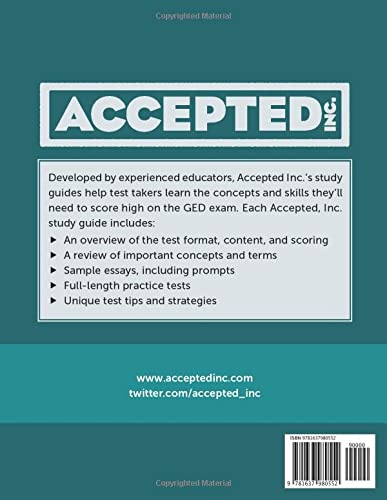Weak Planet: Literature and Assisted Survival
₱1,887.00
Product Description
Vulnerability. We see it everywhere. In once permanent institutions. In runaway pandemics. In democracy itself. And most frighteningly, in ecosystems with no sustainable future. Against these large-scale hazards of climate change, what can literature teach us? This is the question Wai Chee Dimock asks in
Weak Planet, proposing a way forward, inspired by works that survive through kinship with strangers and with the nonhuman world.
Drawing on Native American studies, disability studies, and environmental humanities, Dimock shows how hope can be found not in heroic statements but in incremental and unspectacular teamwork. Reversing the usual focus on hegemonic institutions, she highlights instead incomplete gestures given an afterlife with the help of others. She looks at Louise Erdrich’s and Sherman Alexie’s user-amended captivity narratives; nontragic sequels to
Moby-Dick by C. L. R. James, Frank Stella, and Amitav Ghosh; induced forms of Irishness in Henry James, Colm Tóibín, W. B. Yeats, and Gish Jen; and the experimentations afforded by a blurry Islam in works by Henri Matisse, James Joyce, Ezra Pound, and Langston Hughes. Celebrating literature’s durability as an assisted outcome,
Weak Planet gives us new ways to think about our collective future.
Review
“Focusing on indigenous creativity, Dimock develops a methodology rooted simultaneously in elemental loss and indomitable salvage.
Weak Planet: Literature and Assisted Survival traces a crisis-responsive art form, moving purposefully through multiple literary genres, critical theories, cultural geographies, and temporalities in order to tease out suppressed familiarities and cautious optimism for the Anthropocene’s as-yet-unwritten futures.”
— Melanie Benson Taylor ―
PMLA
“‘Weak theory’ is an influential and relatively new kind of thought; it values tentative and inconclusive explanations. Dimock’s brilliant and deeply learned book uses the weak-theory approach in a bifurcated manner, developing approaches that on the one hand explore the ecological crisis and on the other show literary bridges between humans and between humans and the natural world. Her task is to bring two approaches together: modest climate change hope and modest hope in daily living. . . . Dimock’s book is an unusual and valuable defense of the humanities.”
―
Choice
“Although
Weak Planet proceeds from the standpoint that ‘susceptibility to harm’ is a ‘baseline condition,’ it is ultimately a hopeful book, demonstrating that each of these texts offers a ‘green print’ for ‘preserving what remains,’ reinvigorating the pastoral as a mode to move beyond elegy to propose a way forward, keeping extinction a live prospect and a deferred end, always before us but not so close as to silence the future.”
— Matthew J C Cella ―
Interdisciplinary Studies in Literature and Environment
“
Weak Planet displays Dimock’s erudition and ambition, as well as her subtlety and insight. Exploring weakness and vulnerability from the origins of American literature to the present, she provocatively argues for ‘collateral resilience.’ A method of hope and survival, collateral resilience may be exactly what we need now.”
―
Viet Thanh Nguyen, University of Southern California
“Two classes of people have emerged in the present moment: those who have been thinking and planning for pandemic, and those who have not. Dimock clearly belongs to the former. Weak Planet invites us to reflect on the deep interconnections between two threatened extinctions: that of the humanities and that of a host of animal species (not least our own). The book is nothing short of a radical reorientation of literary history, away from the historicist stress on past damage and toward the forms of resilience and durability that will be required of the field in the future.”
―
Stephen Best, University of California, Berkeley
“Weak Planet is a powerful, hugely insightful book that engages with a range of discipl












